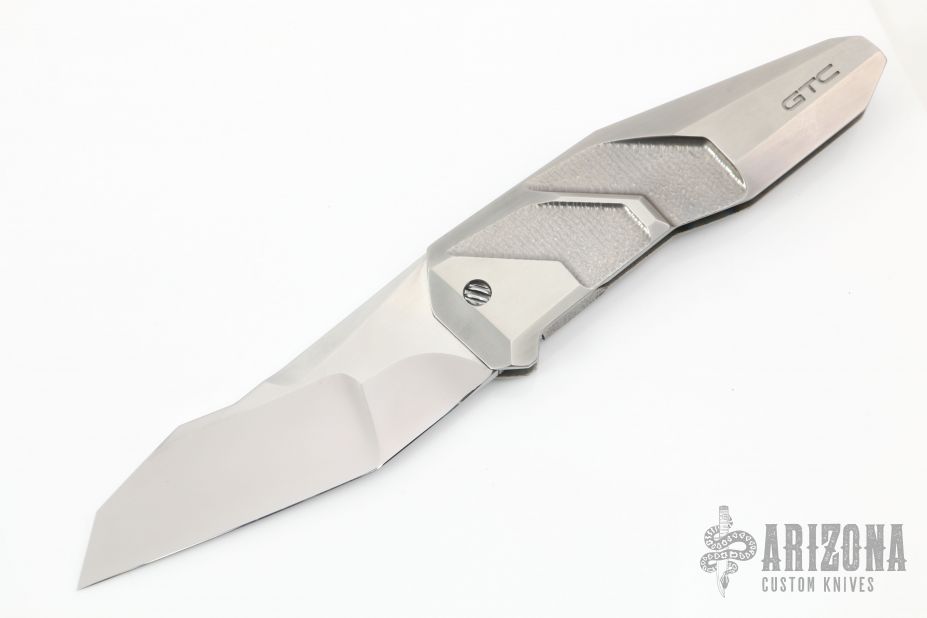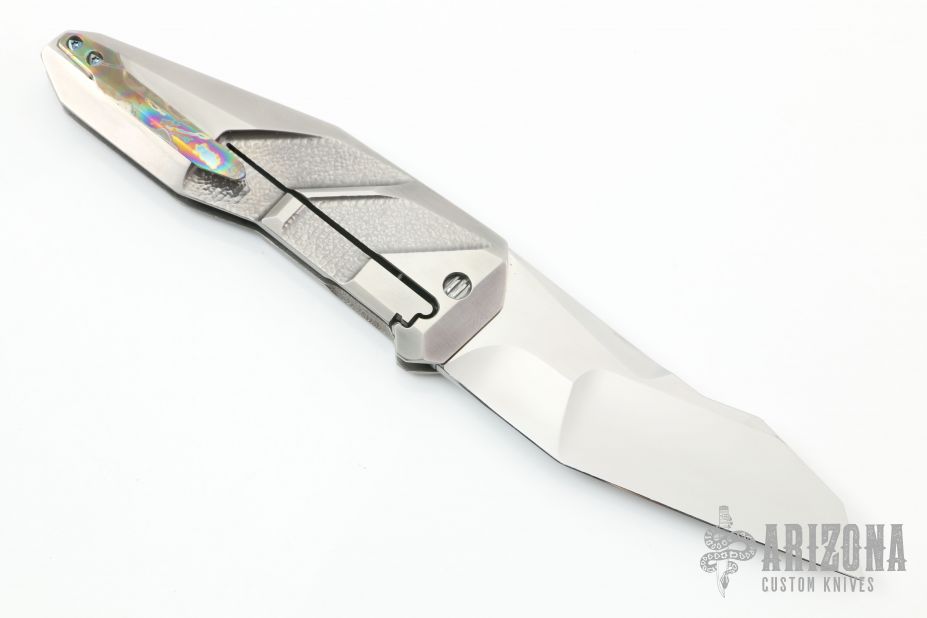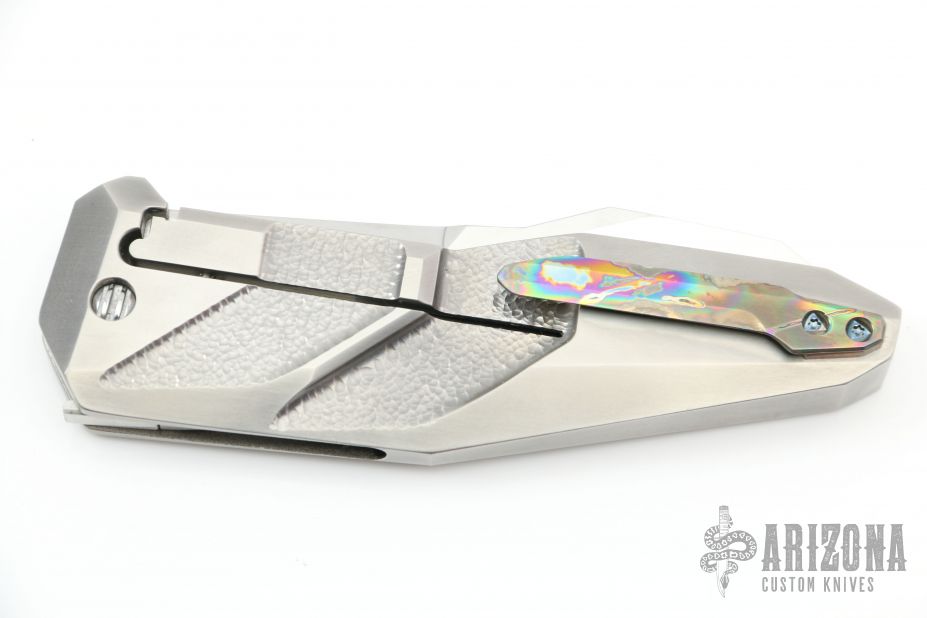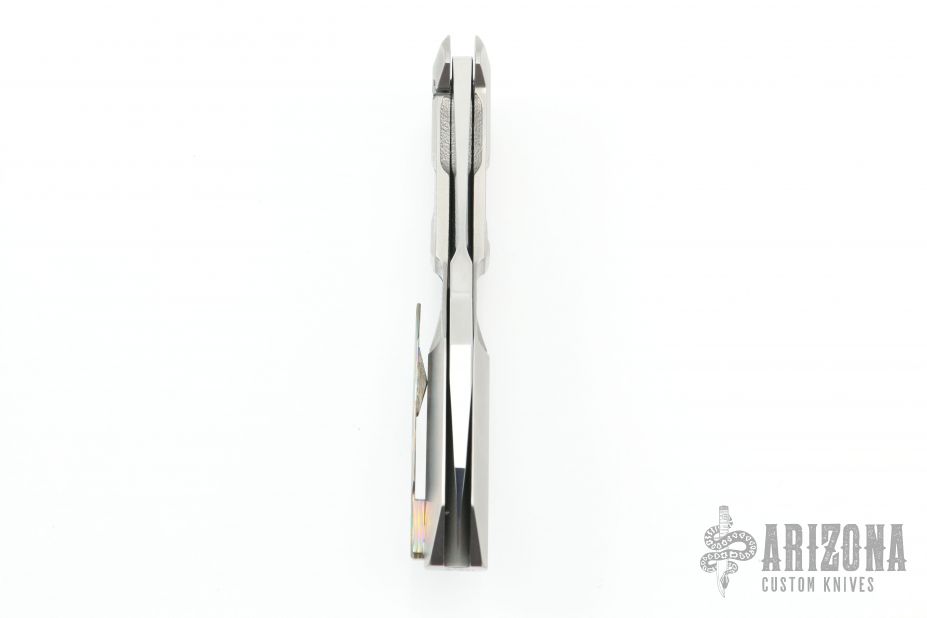GTC Custom Knives
The GTC logo and the man behind it, Brazilian Gustavo Thome Cecchini - that's Gus to us - is well known to everyone in the knife world and has been working on knives since roughly 2004. Born 1974 in Brazil from Italian descendants, Gus had a balance of country and city life, which later led to his main field of study and profession, Agronomic engineering. Gus took this newfound knowledge and moved to the family's farm where he worked with agriculture and cattle. During Brazil's long and dry winters, Gus took up knife making as a hobby, learning along the way. Gus made use of the limited tools and steels available on the farm, having little more than a drill press and making his own belt grinder out of spare farming equipment and parts. Self-taught and eager to learn, Gus scoured the Internet as well as available books for literature on knife making. Soon after, Gus was awarded Best New Maker at the 2006 Sao Paulo Knife Show.
Gus took the next logical step and began making folders. With the same learning-by-doing philosophy, Gus engineered his own custom pivot-bearings which he patented and shared with the community. Gus applies this innovative practice constantly and has added many firsts to his folders. Unique assisted-opening (2008), Front Framelock with straight-cut lock-bar (2009), a lock-bar limiter screw, a hidden-clip design that won him Best Innovative Design at the 2012 USN Gathering. In 2014 Gus added a Flush Clip design to his bag of tricks.
This spirit of technical innovation is only part of the GTC formula. A look at the designs from the aesthetics reveals another level of Gus's creativity. It's no surprise that his work has graced the cover of Blade Magazine with the caption of "Dress Tactical Folder". Gus uses numerous, varied materials, shaping them into works of modern art. Not only do his creative combinations please the eye, they all come together to function as a single, seamless entity with mechanical tolerances that boggles the mind. Gus is always striving to improve his knives, never afraid to test new theories, always working with the latest available materials, technology and techniques. Gus achieves subtle two-tone surfaces simply by varying bead-blast material from glass to ceramic. Gus takes advantage of the best materials in the community and at the same time, is trying his hand at forge-welding his own steel. The final element to the GTC formula can be found in the minutest details. Screw heads, thumb-studs are custom-cut; clips are harmonized with the blade material, coarse jigging or fine filework satisfy both the aesthetic and functional requirements. Innovation, design, attention to detail and accuracy are the cornerstones of the GTC formula.









